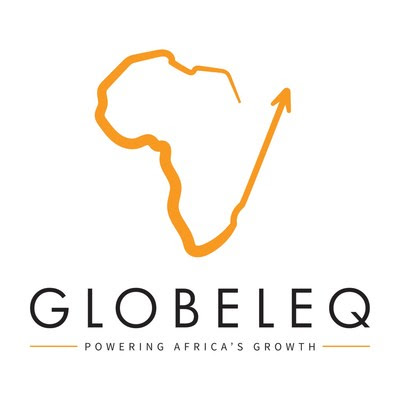NEW YORK — U.N. Secretary-General Antonio Guterres warned Friday that the world is facing “a five-alarm fire” that requires urgent and united global action to be extinguished.
“I want to begin the year by raising five alarms — on COVID-19, global finance, climate action, lawlessness in cyber space, and peace and security,” he told the U.N. General Assembly in a wide-ranging speech laying out his top priorities for 2022.
On the coronavirus pandemic, he said the international community must go into “emergency mode” particularly in ramping up global vaccinations.
“Manufacturers worldwide are now producing 1.5 billion doses per month,” he noted. “But the distribution is scandalously unequal – and we need to convert vaccines into vaccinations everywhere.”
Vaccinating the world
The World Health Organization said last week that 90% of countries did not meet the goal of vaccinating 40% of their population by the end of 2021. In Africa alone, about one billion people have not yet received a single vaccine dose.
The United Nations chief urged countries and producers of the vaccine to prioritize supplying COVAX, the global vaccine coalition, which is supplying developing nations. COVAX has delivered one billion doses worldwide so far.
Guterres had strong words for the international financial system, which he said is in dire need of comprehensive reform.
“Let’s tell it like it is: the global financial system is morally bankrupt,” the world’s top diplomat said. “It favors the rich and punishes the poor.”
He said it has particularly failed developing countries in one of its main functions – ensuring stability and supporting economies through financial shocks, such as those caused by the pandemic.
“Unless we take action now, record inflation, soaring energy prices and extortionate interest rates could lead to frequent debt defaults in 2022, with dire consequences for the poorest and most vulnerable,” he warned. “The divergence between developed and developing countries is becoming systemic – a recipe for instability, crisis and forced migration.”
Call for climate action
The U.N. chief has been a leader in the global movement for climate action and he reiterated his concern that the planet is “far off-track” to meet minimum targets for reducing global warming.
“This year, we need an avalanche of action,” he said. “All major-emitting developed and developing economies must do much more, much faster, to change the math and reduce the suffering – taking into account common but differentiated responsibilities.”
He said that includes phasing out the use of coal and ramping up the transition to renewable energy, including investing $5 trillion annually in renewable infrastructure by 2030. It also means rich countries increasing their financial commitments to adaptation measures in poorer countries.
The secretary-general said those three challenges – the pandemic, the global financial system and the climate crisis amplify social problems.
“They undermine human rights and are a powder keg for social unrest and instability,” he said.
The secretary-general also called for better management of digital technologies, including “strong regulatory frameworks” and getting internet connections for the nearly 3 billion people who do not have them.
Push for global stability
Guterres said conflict prevention is at the heart of his agenda.
“I pledge to spare no effort to mobilize the international community – and step up our push for peace,” Guterres said, as he ticked off conflicts and crises from Afghanistan to Ethiopia to Myanmar and Mali.
“Geo-political divides must be managed to avoid chaos around the globe,” he urged. “We need to maximize areas for cooperation while establishing robust mechanisms to avoid escalation.”
He said the United Nations needs a more united Security Council to tackle issues of international peace and security, as well as the financial and moral support of all 193 member states.
“Now is not the time to simply list and lament challenges,” he conceded. “Now is the time to act.”
Source: Voice of America



